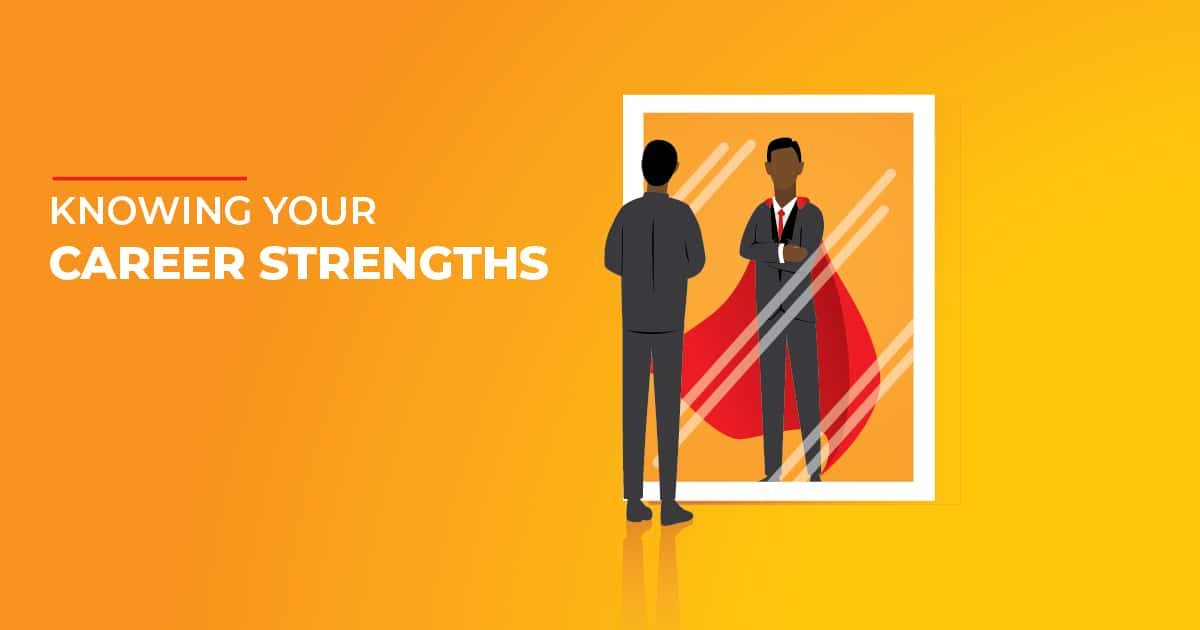Self-awareness is one of the most valuable aspects of a person’s career trajectory. It helps you have a clear understanding of yourself, such that you become aware of what you are good at and what you need to work on. Most of the successful people in life have gotten ahead by playing to their strengths and managing their weaknesses.
Granted, you cannot be good at everything and while there are some clear areas of weaknesses in every person, it is possible to work on them so that they do not negatively impact your career. However, this starts with being aware of what your strengths and weaknesses are since this is what will help you know what to work on. In many cases, knowing your strengths also helps you pick up a career path that is in line with them, as this will make you perform well effortlessly. However, this does not mean that you will not have encounters which will make you face your weaknesses.
The key to excelling, however, is to be self-aware, so that you know what is required of you at any given time. So, just why is it important to know your personal career strengths and weaknesses?
Table of Contents
Gaining Insights into Your Strengths Helps You Identify Areas of Application

One of the important aspects of knowing your strengths is knowing where and when to apply these skills. For example, if your strength is in building relationships, you could take up a job in sales or customer services. This helps you fit into the role with ease, an important factor of productivity.
Your strengths mean that you are able to do your job with little effort and even when challenges arise, you are able to deal with them easily as you have basic skills that help you overcome them. Additionally, it means that work feels more like fun than actual work as you are able to apply yourself with minimal effort. Knowing your strengths will increase your chances of success as you can easily apply them whenever the need arises.
2. You Identify Your Weaknesses
Knowing what your strengths are, also means identifying your weaknesses. This will help you know what you struggle with, such that you can learn which areas not to apply yourself or which you need a little more effort to get things done.
For example, if you are an introvert, working in customer service may not be a good idea as it will require you to constantly apply your weakness, which could make your job stressful. However, if you are required to appear in public occasionally, you can be able to make the necessary preparations early, which will help you cope with your weakness. Thus, having a complete view of your weaknesses will help you handle them better and learn how to use your strengths to overcome the impact of your weaknesses.
3. You Identify Your Blind Spots

Strengths and weaknesses are easy to identify. This is because you have lived with them from a young age and even those around you easily pick them out. However, every person has a hidden talent and the reason why it is hidden is because it is not easily identifiable. As such, many people do not utilise these hidden talents, which can help them move to the next level in life.
Hidden talents are ideally strengths that you have but you have to work at sharpening them. They do not come naturally but once nurtured, they can have a significant impact on your life. They add on to your strengths and can help you manage your weaknesses better.
To identify your hidden talents, it is advisable that you take personality assessment tests which help you get a complete view of your personality. This will then help you know what to do to improve your hidden talents and make them an integral part of your career development plan.
4. You Identify Learning Opportunities
Knowing your personal and career strengths will help you know which areas you need to work on and how much time you need to dedicate to this. This will enable you to know which courses to take, to improve your skills and capabilities over time.
Insights on personality and career strengths are helpful in making you understand what areas need more work. Even if your strengths lie in certain areas, it is possible to improve them through more training and knowledge. You can decide to work on improving your strengths more, which will give you an advantage in the job market and boost your productivity. Remember, even talent needs to be nurtured so that it can help you be productive.
5. You Create a Strategy on how to Use the Insights to Grow

Knowing your strengths and weaknesses is the first step towards growth. To do this, you need to understand them clearly then come up with a strategy on how to use them to move to the next level in your career.
An effective strategy is one which helps you apply your strengths more and manage your weaknesses. For example, you can use your strengths to overcome your weaknesses. In the end, you are more productive as your weaknesses do not become a stumbling block in your career. With a clear knowledge of your personal and career strengths, you can draw up a strategy that will see you improve your productivity and grow your career even if your weaknesses seem like an impediment.
Personal and career awareness can help you make strides by being able to exploit your strengths and manage your weaknesses. It is important in helping you know which career paths and opportunities will help you grow, as well as how to apply your skills effectively. The result is an improved career growth.





